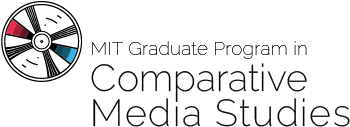This thesis focuses on contemporary AI-generated literature that has been traditionally published in the form of a printed book, labeled and interpreted as something written by “artificial intelligence,” and that necessarily depends on vector representations of linguistic data. This thesis argues that AI-generated literature is not a monolithic practice that erases the role of the author, but rather encompasses a diversity of practice that includes divergent artistic and writerly perspectives. Through an in-depth look at three books of contemporary AI-generated literature and discussions with their human authors, this thesis details the authorial and writerly labor throughout the stages of datafication, vectorization, generation, and pagination in order to categorize the writerly practices that are involved in the creation of this type of work. This thesis also considers how these practices are preceded by “analog” types of writing, compares divergent authorial perspectives, and discusses ways of reading AI-generated literature, including a material analysis of how AI-generated text interacts with the printed book, how authors and publishers use paratextual elements to guide readings, along with additional points of entry for analyzing literary AI-generated texts.
About Judy Heflin
Judy Heflin is a writer, programmer, and researcher focusing on computational narrative intelligence and the literary aspects of new media. She graduated from Yonsei University in South Korea with a BA in Comparative Literature and Cultures and a certificate in creative writing. Judy has since created content for media companies across the globe, ranging from editorial content at various print publications to virtual and augmented reality livestreams at some of the largest competitive gaming events in the world. At MIT, Judy works at the Trope Tank assisting with interactive fiction systems and computational narrative models.



